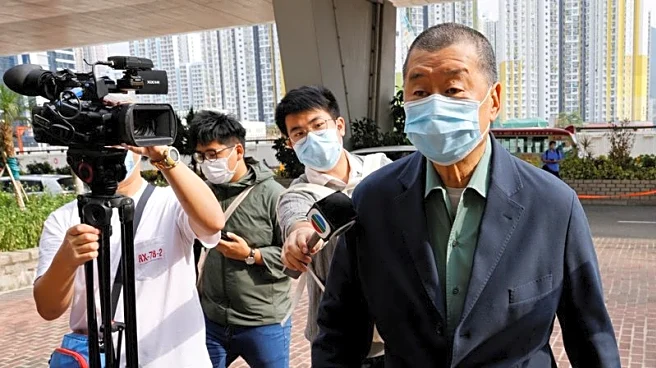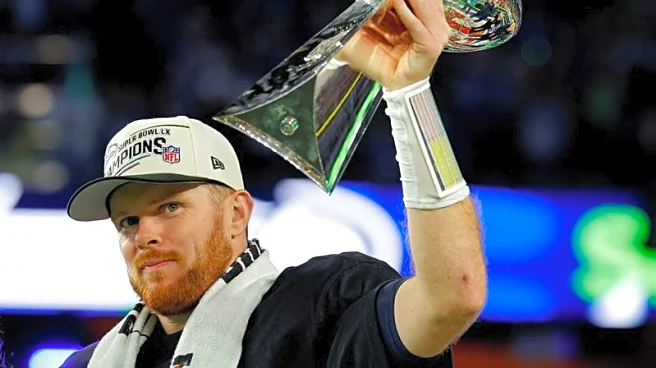Rapid Read • 7 min read
Elon Musk has reiterated his stance against the use of lidar and radar in self-driving cars, arguing that these technologies make autonomous vehicles more dangerous. Musk's comments come in response to Uber CEO Dara Khosrowshahi's support for using a combination of camera, radar, and lidar to achieve high safety levels in autonomous vehicles. Musk contends that sensor contention between lidar, radar, and cameras can lead to increased risk due to sensor ambiguity. He claims that Tesla's decision to focus solely on camera-based systems has improved safety, as evidenced by the company's advancements in autonomous driving technology.
AD
Musk's critique of lidar and radar in self-driving cars is significant as it challenges the prevailing industry approach to autonomous vehicle safety. His comments highlight the ongoing debate over the best technological path to achieving reliable and safe self-driving systems. Tesla's success with a vision-only approach could influence other automakers and tech companies to reconsider their reliance on multiple sensor types. This debate has implications for the future of autonomous vehicle development, regulatory standards, and consumer trust in self-driving technology.
The discussion around lidar and radar in self-driving cars also touches on broader themes of innovation and risk management in the tech industry. Musk's position underscores the importance of simplifying technology to reduce potential points of failure. It also raises questions about the role of different sensor technologies in achieving the ultimate goal of fully autonomous vehicles. As the industry evolves, the balance between technological complexity and safety will remain a critical consideration for developers and regulators.
AD
More Stories You Might Enjoy












